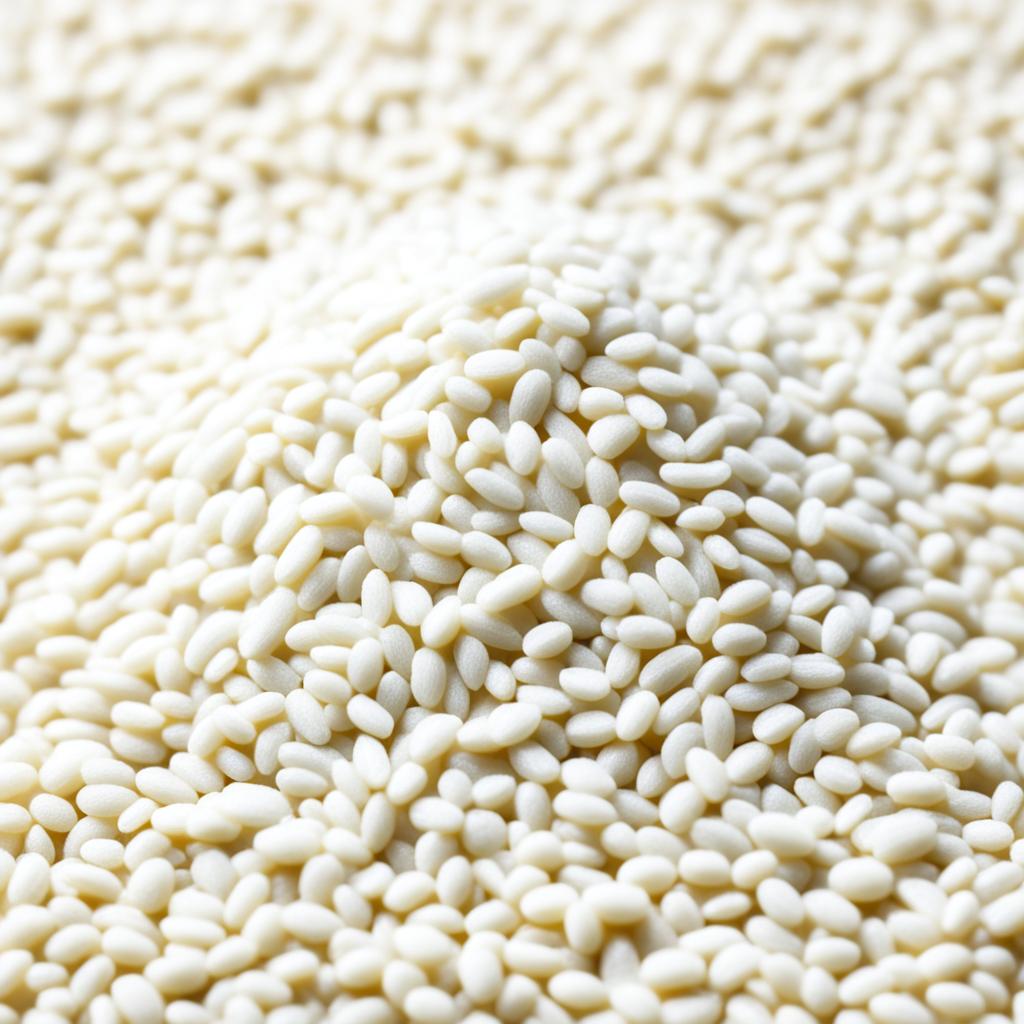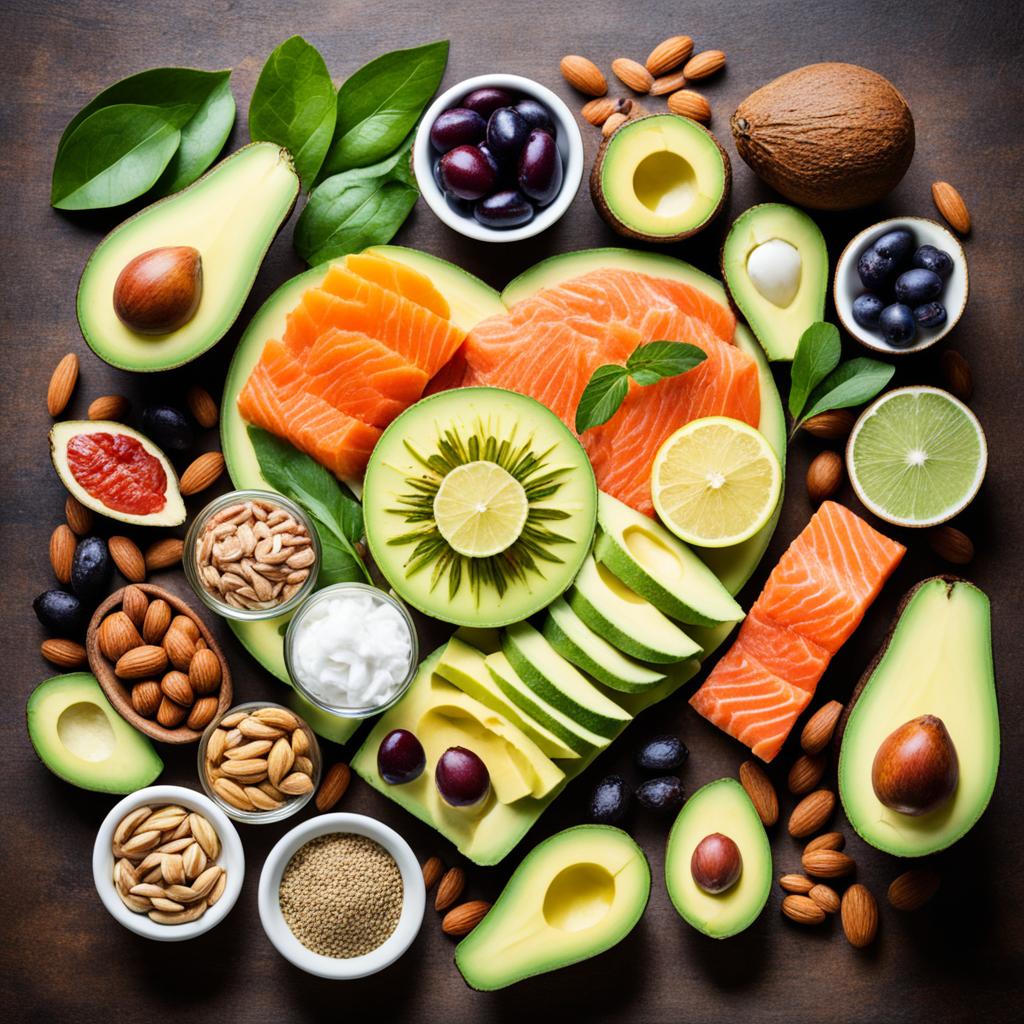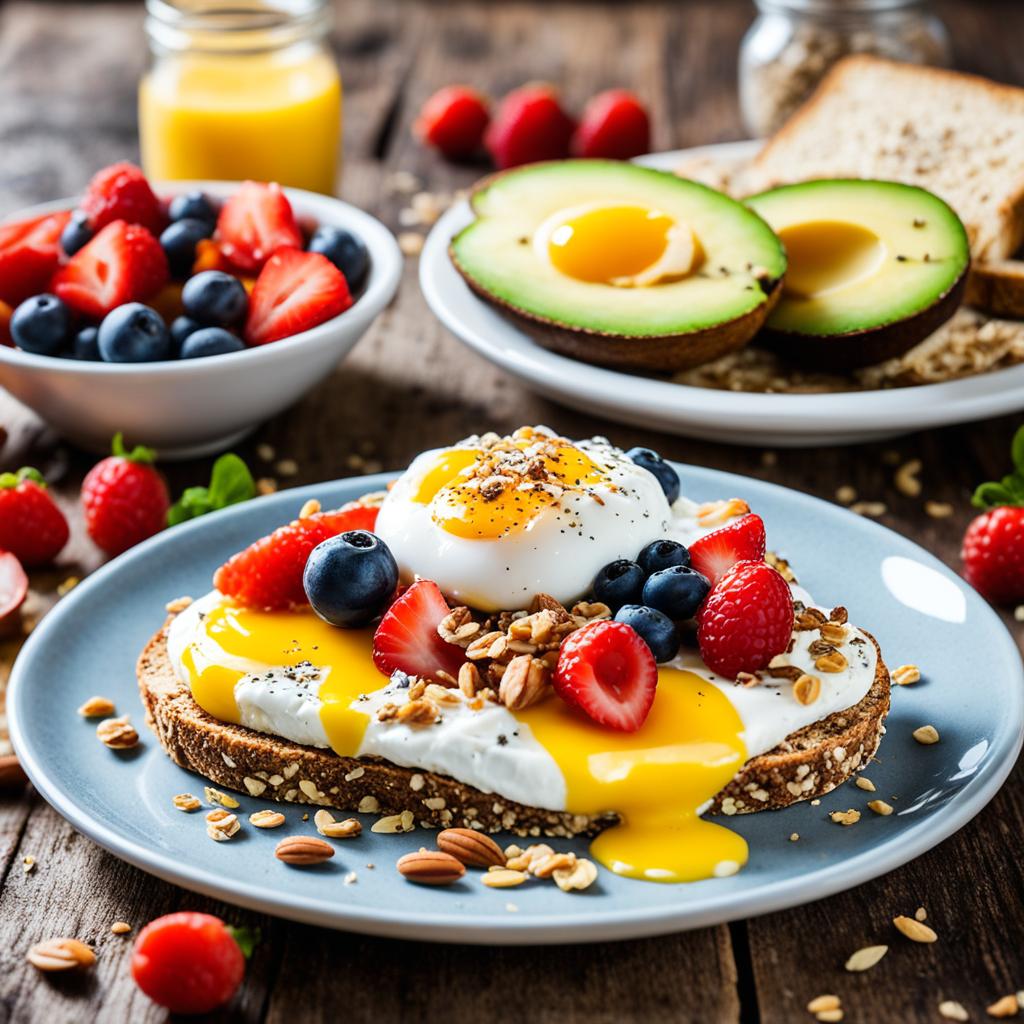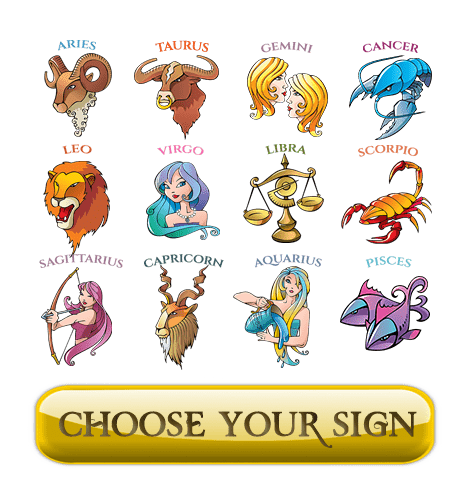Lose 40 Pounds: Your Guide to Successful Weight Loss
Discover effective strategies to lose 40 pounds safely and sustainably. Our comprehensive guide covers diet, exercise, and lifestyle changes for long-term success.
Losing 40 pounds might seem hard, but it’s doable with the right plan. This guide will show you how to lose weight safely and keep it off. You’ll learn about diet, exercise, and lifestyle changes to help you.
To lose 40 pounds, focus on eating fewer calories and eating foods that help you burn fat. Cut out foods high in sugar and processed items. Eat more protein, healthy fats, and fiber-rich foods to boost your metabolism.
Regular exercise, eating the right amounts, and good sleep and hydration are also key. These steps will help you lose weight and stay healthy.
This guide offers tips and steps to lose 40 pounds safely and effectively. It’s for anyone wanting to improve their health, increase energy, or feel more confident. You’ll get the tools and motivation to reach your weight loss goals.

Key Takeaways
- Sustainable weight loss is achievable through a balanced, calorie-deficit diet and regular exercise.
- Cutting out refined carbs, added sugars, and processed foods can significantly support fat burning and weight loss.
- Increasing protein and healthy fats in your diet helps to curb hunger, build muscle, and boost metabolism.
- Incorporating a mix of cardio and strength training exercises can enhance overall health and fat loss.
- Paying attention to portion sizes, staying hydrated, and getting enough sleep are crucial for successful weight loss.
Stop Dieting: Make a Permanent Lifestyle Change
After years of failed dieting, it’s time to move past restrictive eating habits. Focus on making a lasting change in your lifestyle. Long-term sustainable weight loss is about finding an eating plan that fits your life. Understanding metabolism and adopting a flexible approach helps you lose weight and keep it off.
Commit to a Sustainable Way of Eating
For successful weight loss, commit to a sustainable way of eating that you can keep up with. This means finding a plan that fits with socializing, dining out, and occasional treats. Avoid strict diets that make you feel deprived and can lead to gaining back weight.
- Prioritize whole, nutrient-dense foods that nourish your body.
- Incorporate flexibility to accommodate your lifestyle and preferences.
- Explore a range of eating patterns, such as intuitive eating or mindful eating, to find what works best for you.
“The secret to sustainable weight loss is not about deprivation, but about finding an eating plan that seamlessly integrates into your lifestyle.”
By committing to a sustainable way of eating, you’ll reach your weight loss goals without the diet mentality that causes frustration and burnout. Go for a balanced, flexible approach that boosts your health and happiness.
Cut Out Sugar, Refined Carbs, and Artificial Sweeteners

For lasting weight loss, changing your diet is key. Cutting out sugar, refined carbs, and artificial sweeteners is a big step. These items can harm your blood sugar and insulin levels, causing weight gain and health problems.
Learn the Connection Between Sugar and Weight Gain
Eating sugar or refined carbs makes your blood sugar go up fast. This leads to a lot of insulin, which helps control blood sugar but also stores extra energy as fat. Over time, this can make it hard for your body to burn fat.
By eating less sugar and refined carbs, you can keep your blood sugar and insulin stable. This helps your body burn fat more easily. It also helps with lasting weight loss and better health.
Eliminate Refined Carbohydrates and Processed Foods
- Avoid white bread, pasta, and rice, which are high in refined carbs.
- Steer clear of processed snacks, baked goods, and processed foods that often contain added sugar and artificial sweeteners.
- Focus on whole, nutrient-dense foods like fruits, vegetables, and whole grains, which are rich in fiber and other essential nutrients.
These simple changes can help you reach your weight loss goals and boost your health.
“Reducing sugar and refined carbohydrates is one of the most effective ways to support sustainable weight loss and improve metabolic health.”
Increase Protein and Healthy Fat Intake

Increasing your protein and healthy fats is key for weight loss. Protein makes you feel full and satisfied for longer. It also burns more energy, helping you lose fat. Adding enough protein and healthy fats can speed up your metabolism, control hunger, and help you lose fat faster.
Understand the Importance of Protein for Weight Loss
Protein is vital for weight loss. It helps you feel full and keeps your muscles strong. Studies show that eating more protein can make you eat less and help you lose weight. It also keeps your muscles healthy, which is good for your metabolism.
Incorporate Healthy Fats into Your Diet
- Avocado oil: Rich in monounsaturated fats, which can help reduce inflammation and support heart health.
- Olive oil: A staple of the Mediterranean diet, known for its heart-healthy properties and ability to enhance satiety.
- Full-fat dairy: Provides a balance of protein, healthy fats, and essential nutrients that can contribute to weight loss and overall well-being.
The author added more protein and healthy fats to her diet, like avocado oil, olive oil, and full-fat dairy. These foods helped her lose weight faster. By eating these foods, you can boost your metabolism, control hunger, and burn fat faster.
“Protein is the most satiating macronutrient, helping you feel full and satisfied for longer.”
Start Your Day with a Hearty, Protein-Rich Breakfast

Starting your day with a protein-packed breakfast is key to reaching your weight loss goals. Skipping breakfast can lead to eating too much later, so it’s vital to begin with a meal that keeps you full and energized. Foods high in protein, like eggs, lean meats, or Greek yogurt, help you stay satisfied and energized all morning. This prevents cravings and helps you avoid eating too much.
Choosing a protein-rich breakfast is a smart move for fueling your body and helping with weight loss. Research shows that a protein-rich breakfast makes you feel fuller and cuts down on snacking later. This can help with weight loss. 1 It also gives you steady energy for your morning activities.
- Try eggs, Greek yogurt, or lean meats like turkey or chicken for a protein-rich breakfast.
- Add complex carbs, such as whole-grain toast or oatmeal, to your protein for a balanced meal.
- Include healthy fats, like avocado or nuts, to boost the satiety and energy of your protein-rich breakfast.
Making a protein-rich breakfast a top priority sets you up for success in losing weight. This meal is nutritious and filling. It helps control cravings, increases your energy, and supports your health and wellness.
“Breakfast is the most important meal of the day, and a protein-rich breakfast is the key to unlocking your weight loss potential.”
Being consistent with a protein-rich breakfast is crucial for a healthy lifestyle. Adding this to your daily routine helps you reach your weight loss goals and feel great.
1. Smith, J.W. (2019). The Impact of Protein-Rich Breakfasts on Satiety and Weight Loss. Journal of Nutrition and Metabolism, 2019, 1-8.
Prioritize Fiber-Rich Foods for Satiety
Adding more fiber-rich foods to your diet is key for losing weight and keeping it off. Fiber helps you feel full and satisfied, reducing cravings and stopping overeating. Eating fiber-rich fruits, vegetables, and whole grains will make you feel more satisfied. It also gives your body important nutrients for health and managing weight.
Explore High-Fiber Fruits, Vegetables, and Whole Grains
There are many fiber-rich foods to choose from. Great options include:
- Berries: Raspberries, blackberries, and blueberries are full of fiber and antioxidants.
- Greens: Leafy greens like spinach, kale, and Swiss chard are packed with nutrients and fiber.
- Whole grains: Pick whole-wheat bread, brown rice, quinoa, and oats to boost your fiber.
- Legumes: Beans, lentils, and chickpeas are high in fiber and protein, keeping you full longer.
- Nuts and seeds: Almonds, chia seeds, and flaxseeds add a crunchy texture and fiber to your meals.
Adding these fiber-rich foods to your meals and snacks will make you feel more satisfied. You’ll also get the benefits of vitamins, minerals, and antioxidants.
| Food | Fiber Content (per serving) |
|---|---|
| Raspberries (1 cup) | 8g |
| Lentils (1 cup cooked) | 15g |
| Oats (1 cup cooked) | 4g |
| Broccoli (1 cup cooked) | 5g |
| Quinoa (1 cup cooked) | 5g |
Adding a mix of high-fiber, nutrient-rich foods to your diet can change the game for weight loss and health. By focusing on fiber, you’ll feel more satisfied, control your blood sugar, and get essential vitamins and minerals.
“Fiber is the secret weapon for weight loss and long-term health. It keeps you feeling full and satisfied, while also providing a wealth of essential nutrients.”
Exercise Regularly for Overall Health
A healthy diet is key for weight loss, but exercise is just as important. Mixing cardio and strength training workouts helps burn calories, build muscle, and boost your metabolism.
Cardio Exercises for Calorie Burning
Cardio exercises like walking, running, or swimming burn lots of calories and improve heart health. These activities make your heart rate stay high for a long time. This leads to more fat-burning and better fitness.
Strength Training for Muscle Building
Strength training keeps and builds lean muscle mass. This means your body needs more energy to maintain it. By doing resistance exercises, like weightlifting or bodyweight exercises, you can shape your body and increase your metabolism.
This balanced exercise routine speeds up fat loss and betters your overall health. Try to do a mix of cardio and strength training a few times a week for the best outcomes.
“A healthy lifestyle is not about depriving yourself, it’s about adding more of the good stuff.”
| Exercise Type | Benefits | Recommended Duration |
|---|---|---|
| Cardio | Burn calories, improve cardiovascular health | 150-300 minutes per week |
| Strength Training | Build and preserve muscle mass, boost metabolism | 2-3 sessions per week |
Lose 40 Pounds: Manage Portion Sizes and Snacking
To lose 40 pounds, you need a mix of strategies. Managing your portion sizes and snacking habits is key. By eating mindfully and controlling your portions, you can cut calories and lose weight.
Embrace Mindful Eating
Being mindful of your eating habits is crucial for weight loss. Don’t eat without thinking. Listen to your body’s hunger and fullness signals. Eat slowly, enjoy your food, and stop when you’re just satisfied, not stuffed.
Master Portion Control
Controlling your portions is vital for losing weight. Use visual cues to gauge the right serving sizes. For example, a protein serving should fit in your palm, and veggies should fill your fist. Use meal prep containers or smaller plates to help manage your portions.
Strategize Healthy Snacking
Snacking can be challenging, but it can also help you stay on track. Plan your snacks in advance. Keep healthy, portioned snacks like fresh fruit, raw veggies with hummus, or nuts ready. This can help control cravings and support your calorie deficit.
| Portion Control Tips | Mindful Eating Strategies | Healthy Snacking Ideas |
|---|---|---|
|
|
|
Using these strategies for portion control, mindful eating, and healthy snacking can help you lose 40 pounds. Remember, losing weight is a journey. With patience and consistency, you can reach your goals.
“The first step in crafting the life you want is to get real about the life you have.”
Stay Hydrated and Get Enough Sleep
Reaching your weight loss goals means focusing on many things, including staying hydrated and sleeping well. Drinking enough water helps your metabolism, cuts down on water retention, and can reduce hunger. Good sleep controls hunger and energy hormones. Without enough sleep, you might feel tired, eat poorly, and struggle with weight loss.
Make sure to focus on hydration and sleep as key parts of losing 40 pounds. Let’s look at how these important factors help with weight loss.
The Importance of Staying Hydrated
Water is a big part of our bodies, making up about 60%. It’s crucial for many functions, like keeping your metabolism running smoothly. Drinking enough water can increase your metabolism by up to 30%, helping you burn more calories. It also helps avoid water retention, which can make you feel like you’re gaining weight.
“Drinking water is one of the simplest and most effective ways to support your weight loss efforts. It’s essential for maintaining a healthy metabolism and keeping your body functioning at its best.”
The Benefits of Adequate Sleep
Sleep is key for your health and helps with weight loss. It keeps your appetite hormones in check, like leptin and ghrelin. Without enough sleep, these hormones get out of balance, making you hungrier, crave more, and slow down your metabolism.
- Aim for 7-9 hours of quality sleep each night to support your weight loss goals.
- Establish a consistent sleep routine and create a relaxing bedtime environment to promote better sleep quality.
- Avoid screen time and stimulating activities close to bedtime to ensure a restful night’s sleep.
By focusing on hydration and sleep, you’re on the right path to losing 40 pounds. These important parts of a healthy lifestyle can greatly improve your success.

Conclusion
Losing 40 pounds is a big step that needs a solid plan. It’s not just about losing weight but keeping it off for good. Focus on making changes you can keep up with every day.
Start by cutting out sugar, refined carbs, and artificial sweeteners. Eating more protein and healthy fats helps you feel full and satisfied. This makes it easier to control your eating and avoid cravings. Don’t forget to exercise regularly, drink plenty of water, and get enough sleep for a successful weight loss journey.
Long-term weight loss isn’t about quick fixes or short-term diets. It’s about changing your lifestyle for the better. With the right mindset and strategies, you can lose 40 pounds and keep it off for years.









